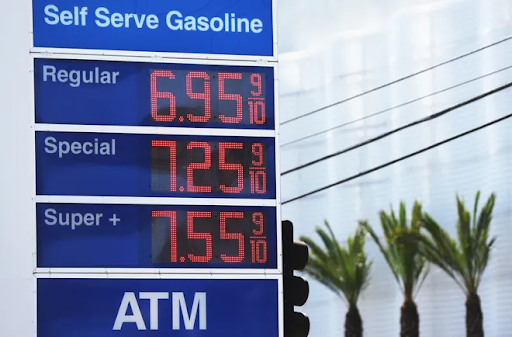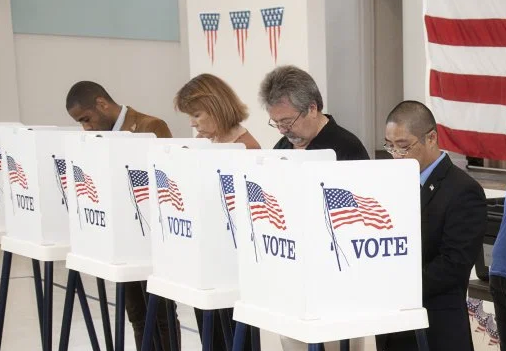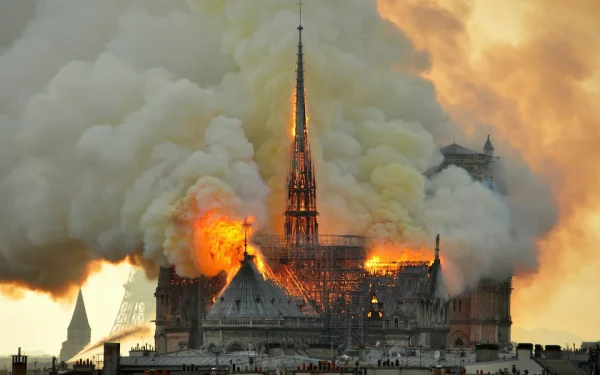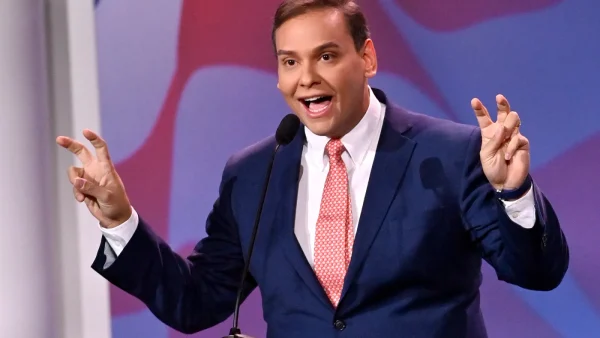The Economics of Gas for Dummies Like Me

A gas station in Los Angeles, California with sky-high prices in early March.
As I slowed to a stop at the stoplight next to Cumberland Farms a couple of weeks ago, I noticed that the number on the sign had jumped from $3.40 to $4.35 since the last time I had looked. Now, this is quite a formidable jump and in my shock, I couldn’t help but let slip an exclamation of dismay. I said something along the lines of: “Dude!” followed by a lamentation at the effect of sanctions on Russian gas. This moment happened to occur while I was in hour 1 out of 12 of my driving lessons and my instructor (his name will not be disclosed) was quick to counter my explanation for the rise in gas prices. He was appalled at my ignorance and sharply rebuked that the rise in gas prices had nothing to do with Russia since they only supply “less than 1%” of our gas and that, really, the issue lies in “corporate greed.” And since he had already exhorted me for forgetting the second blinker on my three-point turn, I took a subservient attitude for the rest of the car ride. But when I got home, I decided to do some research for myself as to the reason for the rise in gas prices, and here is what I found.
My instructor was right, on some things. First, Russia doesn’t supply a whole lot of U.S. oil: only about 8% of the U.S. imports of oil comes from Russia and 2% of our total supply. But that leads to the question, why would gas prices be so high if putting a sanction on Russian oil wouldn’t really do that much? To understand this deeply, we need a basic understanding of how the economics of gas works. Which we don’t have, so we’re just going to float on the surface of the problem, and pretend we know a few things (it works sometimes, trust me on this one). From what I understand, gas prices have a lot to do with supply and demand. Demand for example can make gas more or less cheap. When the pandemic hit and everyone was staying at home, gas prices plummeted because no one was driving anywhere anymore, and there was little demand for gas. Then as the rest of the economy opened back up and people started to commute again and leave their houses, gas prices rose. Supply also plays a key role, because the more oil we have, the less we can charge for it because it’s less valuable in its excess.* The pandemic cannot be forgotten here either, because, during the pandemic with less demand, many places cut production of oil. And bam, supply goes down. As the economy gradually came back from the dead (bam, demand back, is there going to be an increase in supply?) oil production did not increase fast enough to keep up with the “undead” -ing of the economy (nope, supply did not keep up with demand). With varying levels of demand, and supply to keep up with that demand, the price of gas fluctuates. One factor is simple supply and demand, but the gas price that we see is affected by a second, broader factor.
We have to take a step back and look at this from a global perspective. The U.S. doesn’t rely too heavily on Russian oil, but many countries do. Germany, the Netherlands, and Poland, for example, rely a great deal on Russian oil, and because of the interconnectivity of the market, the sanctions of the US play a substantial role. Whether the average Joe realizes it or not, the U.S. is a very powerful country on the global stage, and since we are imposing sanctions, the whole flow of oil gets messed up. Why this happens, I have no idea, as my grasp of economics is limited to Dr. Michel’s explanations in APUSH (don’t get me wrong, they are very in-depth, which speaks to the complexity of something that seems like it would be simple.)
Now to address his corporate greed explanation, it’s kind of far-fetched. The world is experiencing a historical war between Russia and Ukraine. Ukraine is displaying formidable strength against one of the most powerful nations in the world, but that was unexpected. As nations step up to impose sanctions on Russia and the flow of goods in the international market gets skewed, what we see as a normal economy cannot be expected. We (and “the people who make gas prices”) have no idea what’s going to happen, so it’s no surprise that they have taken a preservative attitude in this circumstance. The rise in gas prices now could benefit us in the future, and when the economy improves maybe we’ll be grateful for how much we are paying now. It’s highly unlikely, but there is always a slim chance and sometimes you just have to rely on that slim chance. So for everyone fretting their freckles, you just keep on fretting your freckles, but maybe now you can fret your freckles more intellectually.
*An analogy: when your friend has a lot of functioning pens, it’s no problem for her to give you one. But if she only has one functioning pen, you are going to have to do a lot more to be able to borrow that pen.
Theresa Marcucci ‘23, Faith Editor















